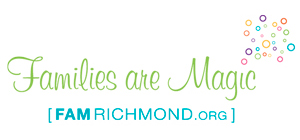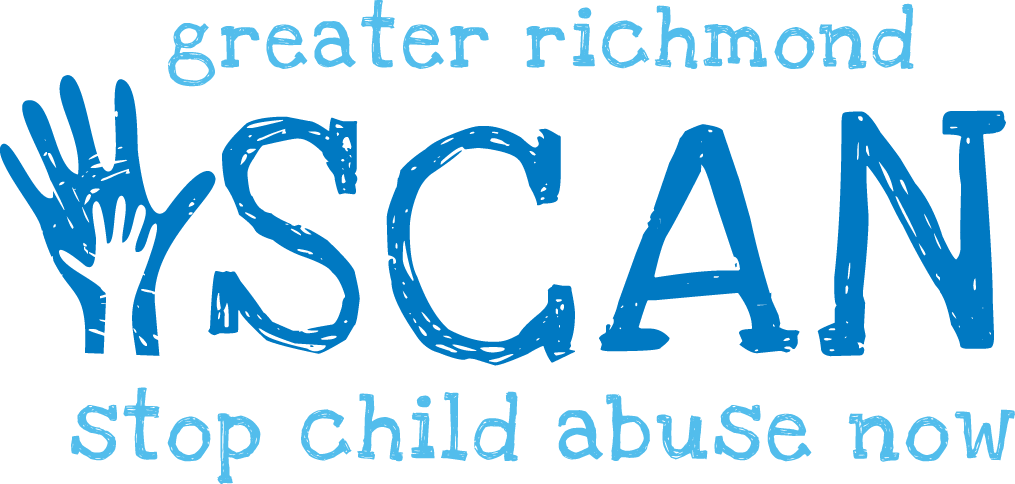 My son is marrying a woman who grew up in an abusive home. I know she hasn’t sought professional therapy to deal with these issues, but her abuser is no longer in her life. She is wonderful in every way, but I worry about the likelihood that she will one day have issues with child abuse herself. Should I encourage my son to get this out in the open with her?
My son is marrying a woman who grew up in an abusive home. I know she hasn’t sought professional therapy to deal with these issues, but her abuser is no longer in her life. She is wonderful in every way, but I worry about the likelihood that she will one day have issues with child abuse herself. Should I encourage my son to get this out in the open with her?
 I always think it is a good idea to address issues as openly and sensitively as possible. I can understand how you would be concerned for your son and future daughter-in-law and their future family because of her history.
I always think it is a good idea to address issues as openly and sensitively as possible. I can understand how you would be concerned for your son and future daughter-in-law and their future family because of her history.
Having experienced child abuse as a child is a risk factor for becoming an abusive parent. If you think of it as children learn what they live, it makes sense that this cycle of violence might occur. However, it is very important to know that being a victim of child abuse doesn’t automatically make you an abusive parent. There are many wonderful parents who choose to parent their children differently than how they were parented.
We do know that being abused does have short and long-term effects. Interpersonal relationships may be affected because of a history of abuse. Physical well-being and health can be impacted. The Center for Disease Control has information regarding adverse childhood experiences, which will provide accurate information about the impact child abuse can have throughout someone’s life. The immediate and long-lasting effects will be different for everyone, but there is definitely support, education, and therapy available in every community if she feels the effects are negatively impacting her life.
It is important to know that your future daughter-in-law was never to blame for any of the maltreatment she endured. It is up to the adults in a child’s life to keep her safe, not the child. You and your son can let his fiancé know that you support her. Having open communication will help her seek help should she ever feel she needs it.
 I have concerns about my daughter’s friend. Whenever I see him, he has new bruises in different spots. He hasn’t shared anything with me or my daughter, but we’re both anxious about his situation. What do I do next?
I have concerns about my daughter’s friend. Whenever I see him, he has new bruises in different spots. He hasn’t shared anything with me or my daughter, but we’re both anxious about his situation. What do I do next?
 Thank you for asking the question and getting involved. It isn’t easy to consider that a child is being abused. We want to assume the best of a situation and avoid getting involved in other people’s business, especially parenting. But we know that children are abused, and that the majority of abuse happens in children’s homes by the people who are supposed to care for them – their parents or primary caregivers.
Thank you for asking the question and getting involved. It isn’t easy to consider that a child is being abused. We want to assume the best of a situation and avoid getting involved in other people’s business, especially parenting. But we know that children are abused, and that the majority of abuse happens in children’s homes by the people who are supposed to care for them – their parents or primary caregivers.
We also know that children who are abused are often instructed or threatened not to tell anyone. Of course, it’s not up to children to keep themselves safe, but rather, the adults in the community. There are times we have to get involved.
I would encourage you and your daughter to have a conversation with the friend so you can express your concerns. This will be a difficult conversation. Referring to a book, song, recent movie, or TV show about abuse may be helpful as a starting point. The main purpose of the conversation would be to relay two things to the boy: You are a safe adult he can trust, and you would take action to protect him.
If a child does disclose abuse to you, it is important that you reassure the child that the abuse is not his fault and that, as an adult, you will do what you can to protect him. Avoid making promises to him like you won’t tell anyone else or he can stay with you. These things may not be possible. Remain as calm as possible. If a child has the courage to tell someone about abuse, having the adult become visibly upset or overly emotional will not help the situation. In fact, it may make the child feel even worse, and like he has made a bigger mess of things by upsetting you.
It is imperative to take action if a child discloses. If you believe the child is in imminent danger, call your local police or Child Protection Services immediately. You can report a suspected case of child abuse twenty-four hours a day by calling Virginia’s Child Abuse Hotline: 1-800-552-7096. You can report anonymously.
If you have concerns or knowledge that a child is being abused or has been abused by a caregiver, you should make this call. Is there a chance that the child will reveal later that the story was fabricated? Experts in this field know that the majority of children do not make up abuse. They do know, however, that children may recant their story. This could be for several reasons. The child may become scared about what will happen or threatened and/or instructed to recant. It is important to act on the information the child shared and to trust your own instincts. There are no easy answers regarding abuse. But it is necessary to become involved to protect children.
Finally, follow up with your daughter to see how this has affected her. Listen attentively to her concerns and worries. Reassure her that the adults are involved and will help her friend.





